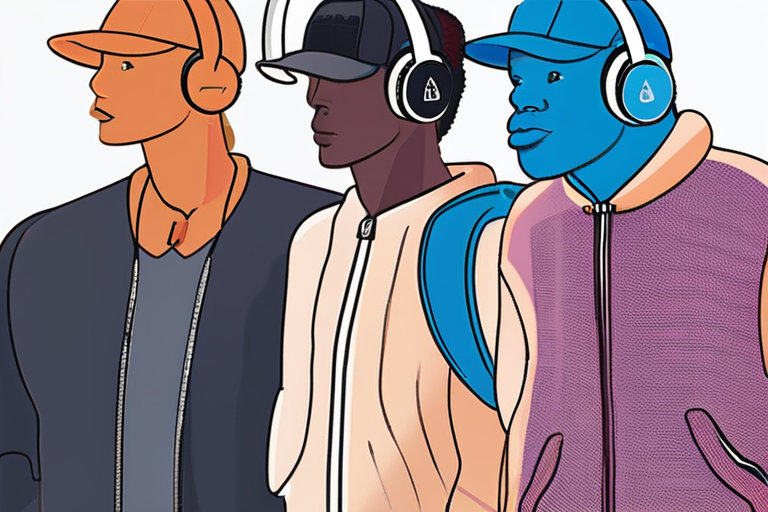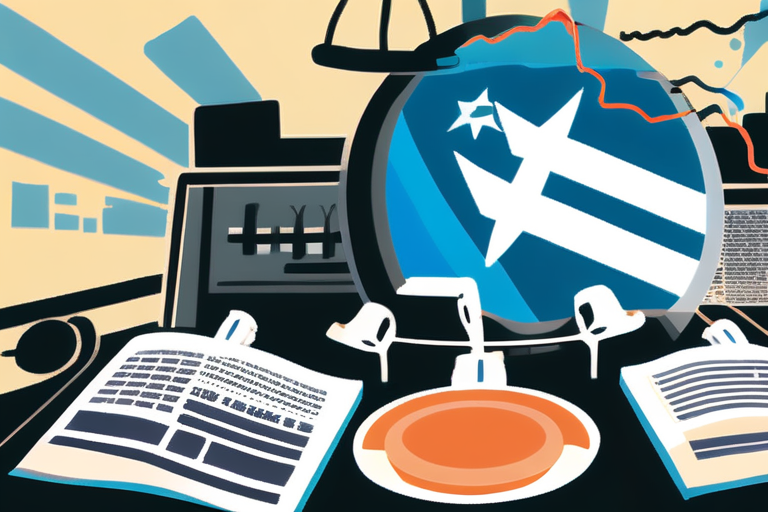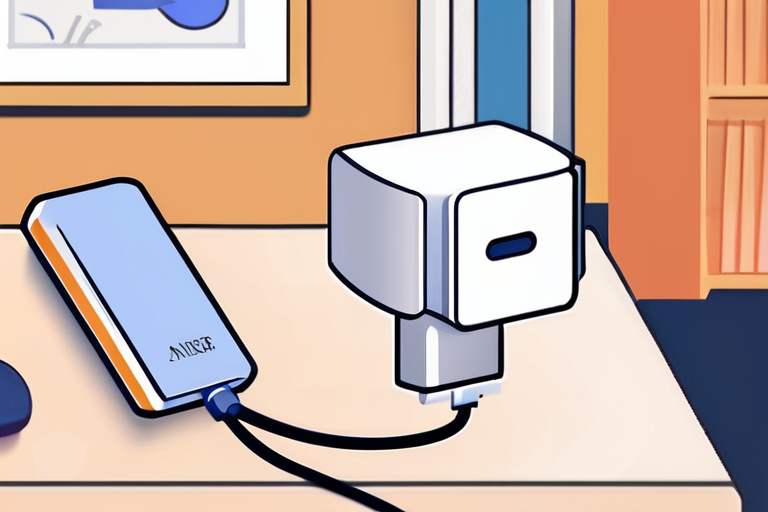State Department Revokes Visas of Foreign Nationals Who Celebrated Charlie Kirk Assassination Online


Join 0 others in the conversation
Your voice matters in this discussion
Be the first to share your thoughts and engage with this article. Your perspective matters!
Discover articles from our community

 Hoppi
Hoppi

 Hoppi
Hoppi

 Hoppi
Hoppi

 Hoppi
Hoppi

 Hoppi
Hoppi

 Hoppi
Hoppi

Nvidia's Growth is Strong, but Investors Aren't Celebrating Nvidia, the leading chipmaker in the artificial intelligence (AI) boom, reported a …

Hoppi

Budget Wireless Earbuds Make a Big Impression In a surprise move that's sending shockwaves through the audio industry, Soundpeats has …

Hoppi

Middle East Media outlets demand Israel grant access to Gaza, halt attacks on journalists there September 1, 20254:58 AM ET …

Hoppi

Amazon Offers Unbeatable Deal on Anker MagGo Wireless Charging Station 3-in-1 Stand In a move that is sure to excite …

Hoppi

Nicole Kidman Files for Divorce from Keith Urban After Nearly Two Decades of Marriage LOS ANGELES - Nicole Kidman has …

Hoppi

BREAKING NEWS 20 Years Later, Israelis Ask if Gaza Exit Backfired - and If It's Time to Go Back TEL …

Hoppi